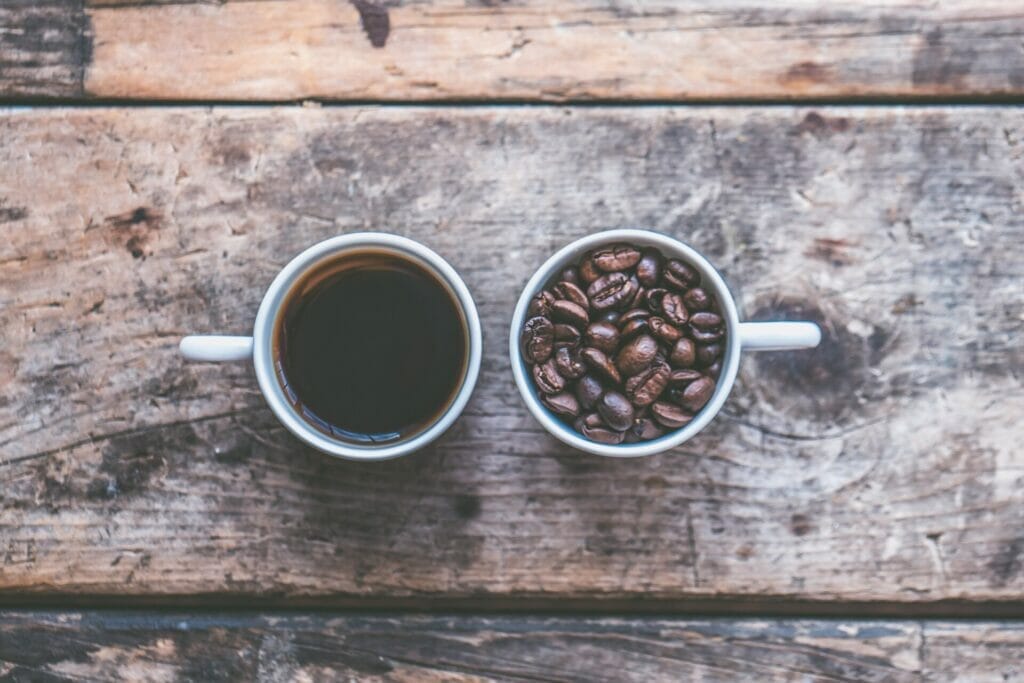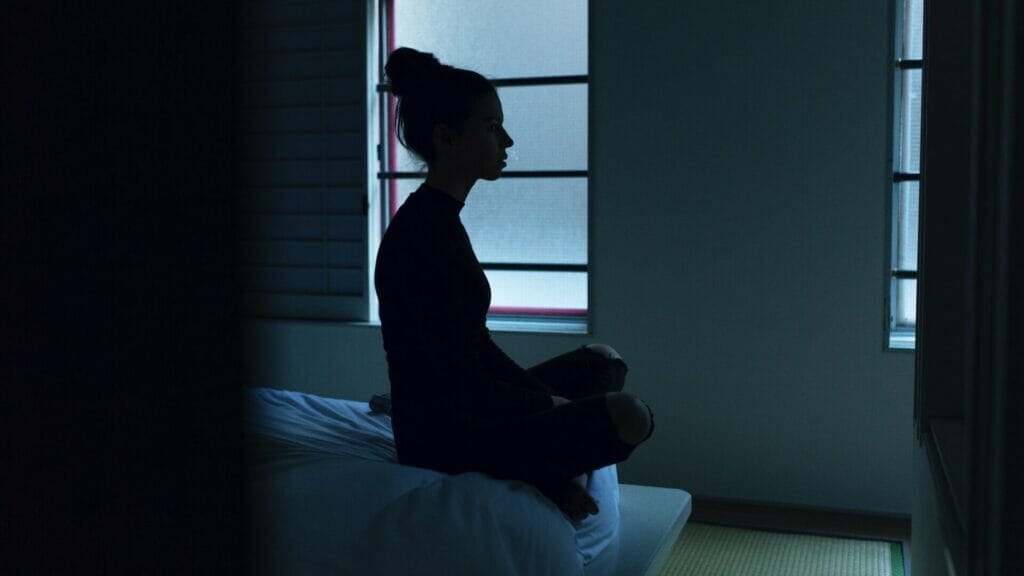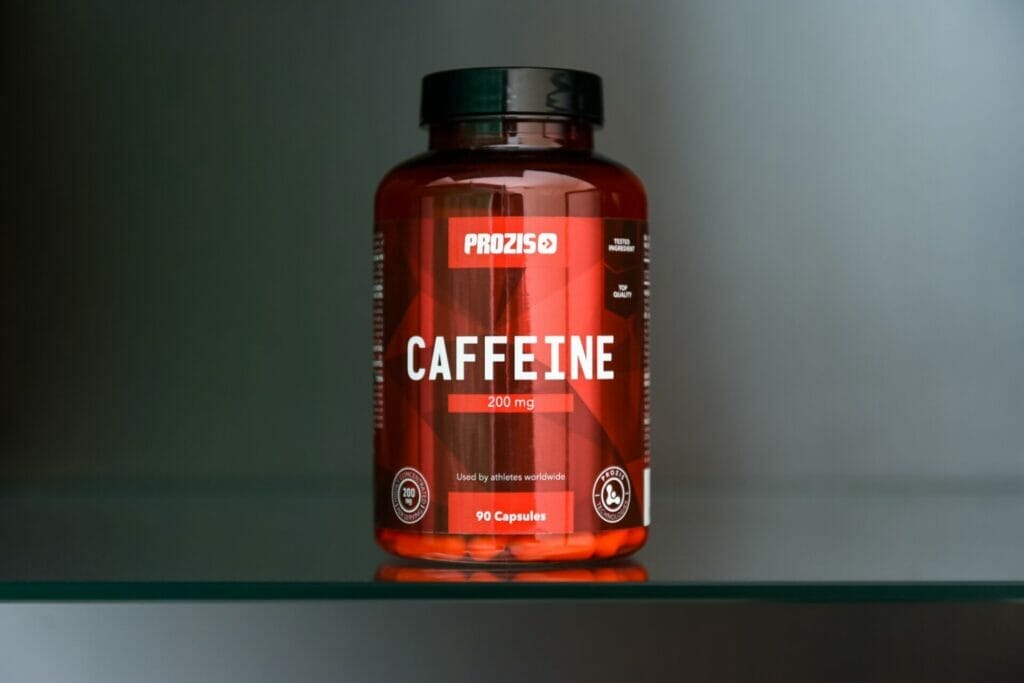Does Coffee Keep You Awake?
It’s no secret that drinking coffee can make you more alert and energize. But does it actually help keep you awake?
The answer is yes – though the effects depend on the type and quantity of coffee you consume. Caffeine, the main active ingredient in coffee, is a stimulant that helps to increase alertness and focus, while also reducing fatigue.
In general, drinking coffee will make you more stimulated and awake than if you hadn’t drunk it at all. However, too much coffee can cause unwanted side effects such as jitteriness and restlessness.
So make sure to moderate your intake to get the optimal benefits of caffeine without overdoing it. Whether it’s your morning cup or a mid-afternoon pick-me-up, coffee can definitely help keep you alert and wakeful!
How Does Caffeine Work?
We’ve all heard of the effects that caffeine can have on keeping us awake and energized. But how exactly does it work?
Caffeine affects our bodies in two primary ways. First, it blocks adenosine receptors, reducing feelings of fatigue. Secondly, it stimulates our central nervous system, increasing heart rate, respiration, and alertness.

These effects help keep us awake and focused for prolonged periods of time. And when taken in moderation, coffee can be an excellent way to boost both energy levels and cognitive performance!
So if you’re looking for a way to stay awake without relying on energy drinks or candy bars, then look no further than coffee! Just make sure to keep track of its intake so that you don’t become dependent on it or overindulge.
What Effect Does Caffeine Have On Sleep?
Caffeine is known to have an effect on sleep and many people rely on coffee or other caffeinated beverages to stay awake. But just how much caffeine can really interfere with your ability to get a good night’s rest?
Research suggests that caffeine can indeed affect sleep, although the degree of effect may vary from person to person. Studies have shown that consuming caffeine up to six hours before bedtime can lead to difficulty falling asleep, restless REM sleep, and overall decreased quality of sleep. Caffeine further disrupts the body’s natural circadian rhythms, resulting in a decrease in deep sleep.
Can Caffeine Cause Insomnia?
Caffeine can indeed cause insomnia if not consumed in moderation. Caffeine is a stimulant, which means it acts as a wakefulness enhancer and can interfere with your sleep. If you typically consume caffeine late in the day, it will stay in your system for up to 8 hours and negatively impact your ability to fall asleep at night.

Furthermore, if you’re sensitive or intolerant to caffeine, even drinking just one cup of coffee could make it difficult for you to sleep. If you are having difficulty sleeping, try scaling back on caffeine.
Consider substituting caffeine for decaf coffee or tea after noon, or switch entirely to herbal teas that don’t contain caffeine. Cutting out late-night coffee consumption is also beneficial as it can help reduce sleep disturbances and improve the quality of your sleep.
Does Caffeine Cause Sleepiness In Some People?
When it comes to the question of does caffeine causes sleep issues in some people, the answer is yes. For individuals who are sensitive to caffeine, consuming too much can lead to feelings of restlessness, headaches, and difficulty focusing or staying alert. Caffeine is a stimulant and while it can help some people feel awake and energized, it can have the opposite effect on others.
In addition, caffeine can have a stimulating effect during the day when we need to be productive and focused. But at night, this stimulation may make it difficult for our body to relax and unwind so that we can fall asleep easily.
Therefore, if you find yourself becoming sleepy after drinking coffee later in the day, try cutting back on your coffee intake so that you can get a good night’s sleep without feeling overly drowsy in the morning.
How Long Does A Cup Of Coffee Keep You Awake?
If you’re looking for a pick-me-up, a cup of coffee is an ideal choice. But just how long does that cup of coffee keep you awake? The answer depends on a variety of factors.
First, the quality and type of your beans make a difference. Generally speaking, freshly ground dark roast Arabica beans will provide more energy than cheaper instant coffees or those made with Robusta beans. Also, if you add milk or cream to the mix, it can dilute the original strength of the brew.

The size of your cup matters too. A single shot yielding 2 ounces will definitely give you a boost due to its high dose of caffeine levels, but it won’t last long in comparison to an 8-ounce cup which can contain twice as much caffeine and last several hours longer.
Additionally, if you drink multiple cups back-to-back without giving yourself sufficient time to rest between them, their effects may be greatly reduced due to tolerance built up over time.
Is It Ok To Drink Coffee At Night?
It’s a common question: Is it ok to drink coffee at night? The answer is yes! A cup of Coffee contains a natural stimulant effect, but drinking coffee at night can actually help you stay awake and well-rested.
It has been known to promote alertness and help keep you energized throughout the day. However, it is also important to remember that too much abstinence from caffeine can cause insomnia and make it harder for you to get a good quality night of sleep.
Therefore, if you choose to drink coffee at night, it’s important to be mindful of the amount and even opt for decaf or half-caf varieties. Additionally, drinking decaffeinated coffee too close to bedtime can disrupt your circadian rhythm and interfere with your healthy sleep cycle so it’s best to avoid drinking coffee within 6 hours before going to bed.
How Much Caffeine Is Safe To Consume?
When it comes to consuming caffeine, it’s important to know how much is safe. Caffeine can be found in cups of coffee, tea, energy drinks, and sodas, and can have a wide range of disruptive effects from alertness to jitters. But too much of it can cause adverse health effects such as anxiety and insomnia.
The amount of caffeine you should consume depends on your age, weight, and personal metabolism, so it’s wise to talk with your doctor or a nutritionist who knows your individual needs. Generally speaking, the safe limit outlined by the FDA is 400 milligrams per day.
However, that may vary depending on how many other stimulants you’re consuming during the day. It’s also important to note that beverages like soda and energy drinks typically contain more caffeine than coffee or tea.
How Long Before Bedtime Should I Consume Caffeine?
When it comes to determining how long before bedtime you should consume caffeine in products, it is essential to understand that caffeine intake can affect people differently.

Generally speaking, experts suggest limiting the benefits to caffeine consumption to earlier in the day and avoiding drinking cups of coffee or energy drinks within 5-6 hours of going to bed. This is because caffeine content can take 6–8 hours for your body to process and clear out of your system.
Since everyone responds differently to different effects of caffeine intake, it’s important to pay attention to how your body reacts after consuming a cup of coffee can or an energy drink. If you find that you’re too wired at night and have sleep disorders, try cutting back on caffeine intake earlier in the day and see if that helps improve your sleep hygiene.
How Can I Tell If Caffeine Is Interfering With My Sleep?
Are you having trouble getting a good night’s sleep? If so, you may be wondering if it could be related to caffeine.
Caffeine is known for giving people energy and keeping them awake, but it can also have a negative effect on your sleep. If you’re drinking coffee per day or other caffeinated beverages during the day, this could be causing interference with your hours of sleep time.
One way to tell if caffeine is interfering with your sleep is to take note of your sleeping patterns. Are you feeling extremely exhausted during the day, despite having gone to bed at a reasonable time?
This could be an indication that caffeine is affecting your sleep at night. Also pay attention to how much caffeine you consume throughout the day – if it’s more than two cups, consider cutting back and see if your sleep improves.
What Exactly Is Caffeine Withdrawal?
Caffeine withdrawal is a medical syndrome that occurs when the life of caffeine is abruptly removed from the system. It can cause various physical and mental symptoms, such as headaches, fatigue, difficulty concentrating, irritability, and constipation.
When a person has had regular contact with caffeine for an extended period of time and then stops taking it altogether, their body weight will experience these unpleasant withdrawals. Caffeine withdrawal comes in two forms: acute and chronic.

Acute withdrawal happens when one stops using a particular product like coffee beans suddenly while chronic is due to quitting after daily use of caffeine-containing products over long periods of time.
As much as coffee may keep us awake and alert throughout the day, sudden or abrupt cessation can lead to symptoms of caffeine withdrawal which are both physical and mental.
